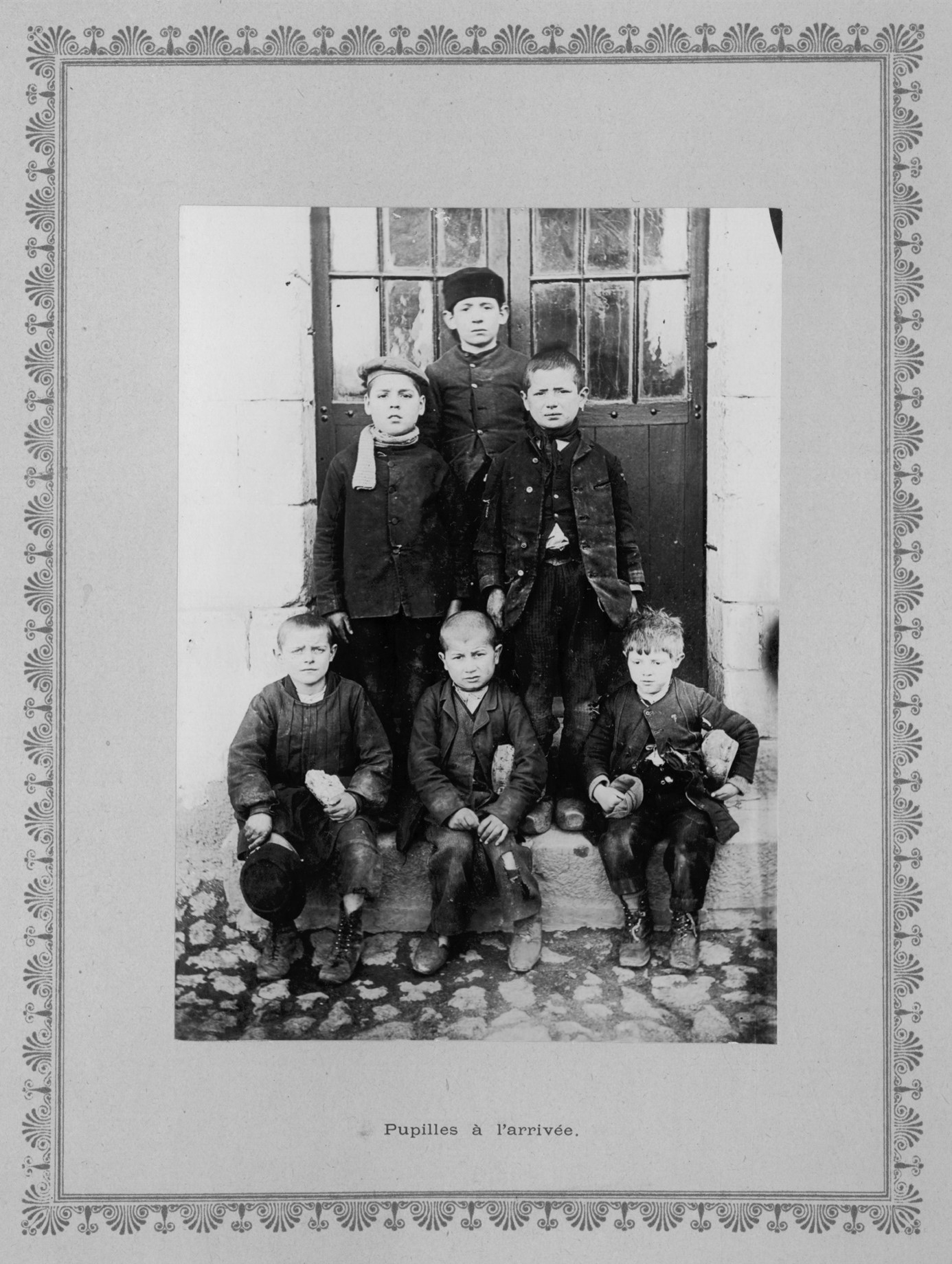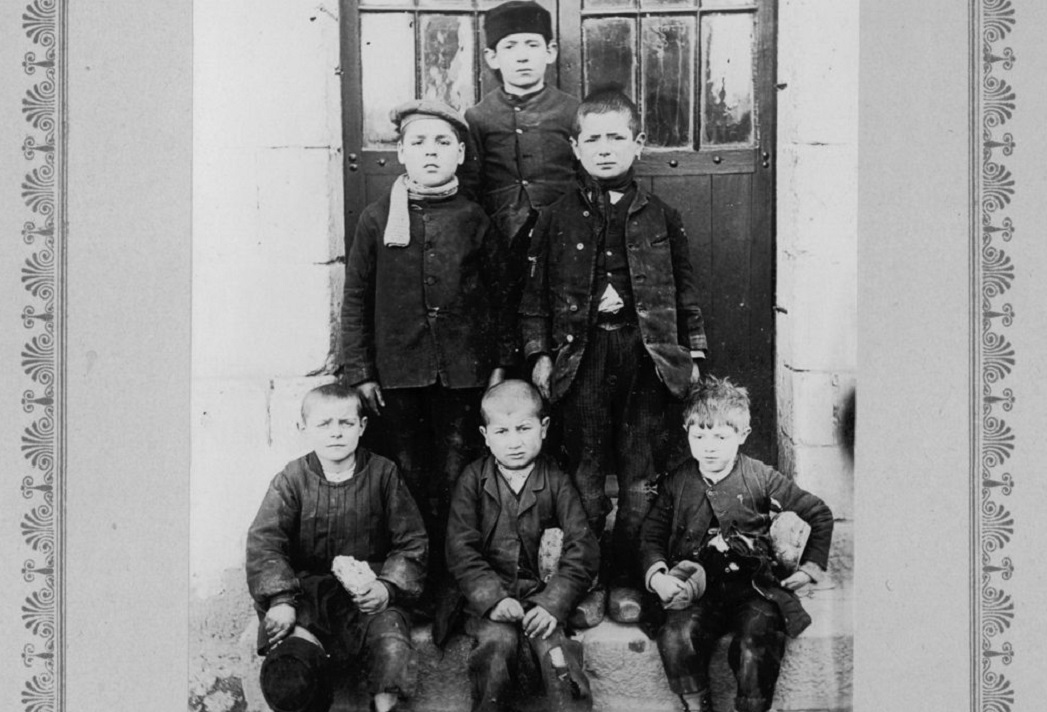François Jaunay, was born in Nantes on 1st April 1871. His 19-year-old mother was single and at the time had a job rolling cigars. Three years later, she married one Mr Jaunay, who adopted the child as his own. At 13, François stood trial in the magistrate’s court in Nantes for theft. Although the magistrate could have sentenced François to several weeks in prison, he decided instead to apply Article 66 of the French penal code, which acquitted minors who’d simply made the wrong choice, but above all meant that he could instead send François to a maison de correction, or reform home, where he would stay until he came of age. François arrived at Belle-Île-en-Mer two months later, on 2nd September 1884. He remained incarcerated until January 1887.
François Jaunay's life after he was released as an adult resembles that of the crashing majority of boys sent to live in island penitentiaries. The Law of the Third Republic, which considered that beggars, vagabonds and petty thieves all stemmed from corrupt backgrounds, used its powers to isolate them from their families and friends. The use of the term ‘ward’ in archives is therefore highly calculated: it infers the care of these boys upon the State, instead of upon their families. The latter, who were often destitute and living in the cities, had to wait an average of four to eight years before seeing their children again.

There were many different profiles among the wards of Belle-Île, from boys with mental handicaps which prevented them from learning a profession, to those with the intellectual capability of attaining educational diplomas during their time in detention. As the decades passed, the law became more merciful towards vagabonds and beggars. There were therefore fewer of them in Haute-Boulogne. It was also older boys who tended to arrive on the island, as child imprisonment became a thing of the past for public authorities. With the advent of prison records, it was also finally possible to confirm that the wards of Belle-Île were not all orphans. This was how, once they were released, the boys were able to return to their families and homes, unlike their fellow wards of the French welfare system. The prison service therefore made it a point of honour to send them, once released, into apprenticeships or to the barracks.
Translation: Tilly O'Neill


